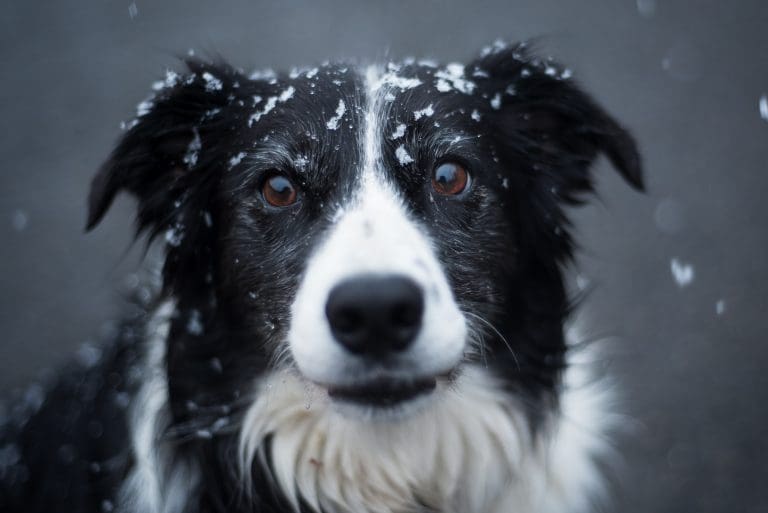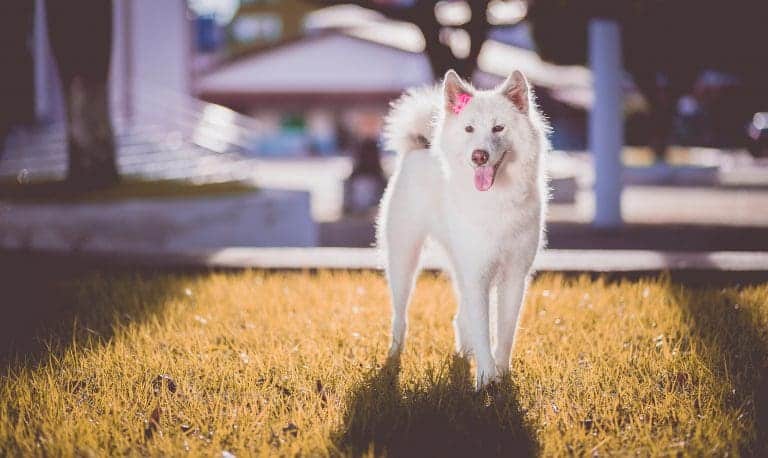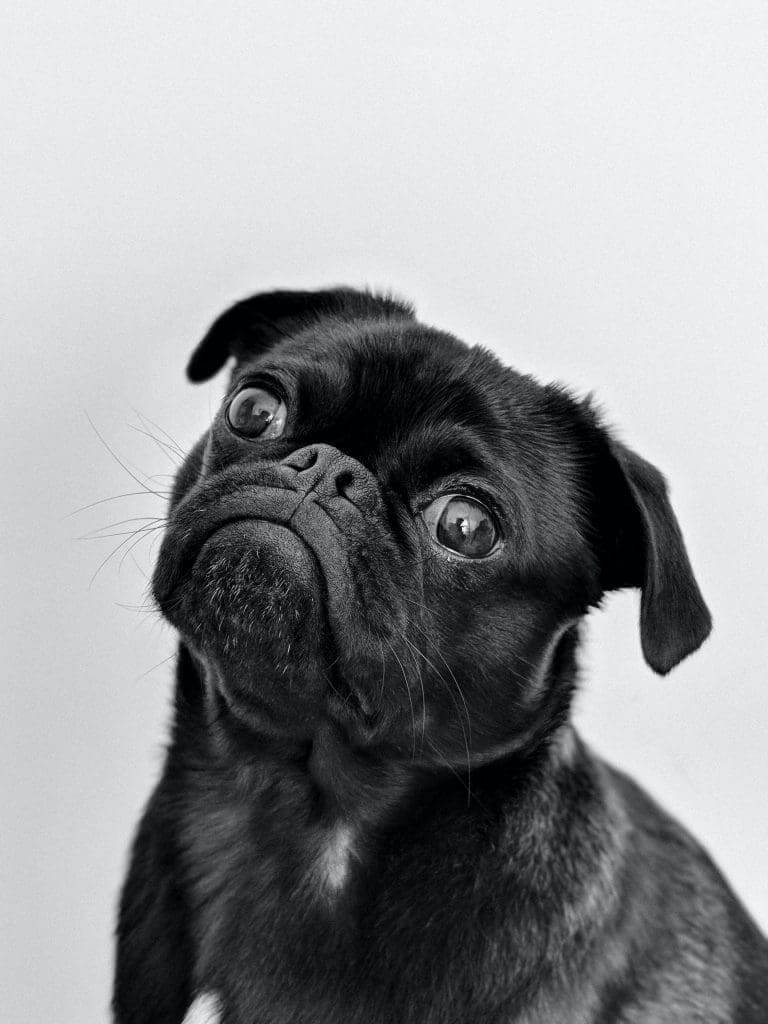When Can Puppies Drink Water?
Post Date:
December 10, 2024
(Date Last Modified: December 10, 2024)
Bringing a new puppy into your home is an exciting experience filled with joy and a touch of uncertainty. As a pet parent, ensuring your furry friend is healthy and happy is a top priority. One common question is about hydration—specifically, when can puppies drink water? Knowing the right time and best practices for offering water can help set the stage for a lifetime of good health.
The Importance of Hydration
Puppies need water to thrive. It plays a crucial role in digestion, circulation, and overall bodily functions. The timing and method of offering water can vary based on the puppy’s age and developmental stage. Typically, puppies start drinking water around three to four weeks old. At this stage, they transition from their mother’s milk to solid food, marking an important period of development as they explore their environment, including their water bowl.
Before this stage, puppies rely solely on their mother’s milk for hydration and nutrition. Weaning too early can hinder their ability to drink water properly, potentially leading to dehydration or other health issues. Patience is key during this transition, as some puppies may take longer to adapt to drinking water.
Introducing Water
Once puppies reach three to four weeks old, they can start drinking water. A shallow bowl is ideal to help them access the water safely. Initially, puppies may be hesitant to drink, as they are still learning to navigate their new world. Encouraging them by gently placing their paws in the water or dipping your fingers in for them to lick can make the experience more enjoyable.
As puppies grow, their water intake will become more regular. By six weeks old, they should be drinking water consistently. At this stage, solid food is also introduced, further increasing their need for hydration. Always providing fresh, clean water is essential, as it aids digestion and prevents dehydration.
Monitoring Hydration
Keeping an eye on your puppy’s hydration is crucial. Puppies can be vulnerable to dehydration, especially when active or in hot weather. Signs of dehydration include lethargy, dry gums, and loss of skin elasticity. If any of these symptoms arise, provide water immediately and consult a veterinarian if the situation doesn’t improve.
The amount of water a puppy should drink varies based on size, activity level, and diet. Puppies on dry kibble will require more water than those on wet food. A rough guideline is to offer about one ounce of water per pound of body weight daily, but individual needs may differ. Observing your puppy’s behavior is important; excessive thirst or minimal drinking may indicate an underlying issue.
Establishing a Routine
Creating a regular routine for water breaks helps puppies thrive on structure. Set times for feeding and drinking can foster good habits. Encourage water consumption after meals and playtime to reinforce hydration as a normal part of their routine.
The type of water bowl can also influence drinking habits. Some puppies may prefer specific styles or materials. Stainless steel bowls are easy to clean and more hygienic than plastic options. A shallow, wide bowl can make drinking more comfortable for puppies that might be intimidated by larger or deeper bowls.
Adapting to Changing Needs
As puppies mature, their water needs will evolve. Adult dogs generally consume more water than puppies, so adjusting their intake accordingly is essential. Always ensure access to fresh water, especially during hot weather or after vigorous exercise.
Certain situations require closer monitoring of a puppy’s water intake. If gastrointestinal issues arise, such as vomiting or diarrhea, maintaining hydration is vital. Offering smaller amounts of water more frequently can help without overwhelming their system.
The Role of Socialization
Socialization also influences how puppies develop their drinking habits. Exposure to new experiences helps them become comfortable in their environment. Seeing other dogs drinking water may encourage them to do the same. Arranging playdates with vaccinated puppies or adult dogs can help your puppy learn social cues, including the importance of staying hydrated.
Consulting with a veterinarian is advisable if there are concerns about your puppy’s drinking habits. They can offer tailored advice based on specific health needs and lifestyle. Regular vet check-ups provide an opportunity to discuss hydration and any behavioral changes related to water intake.
Enhancing Hydration Through Diet
In addition to providing water, exploring options for keeping your puppy hydrated through their diet can be beneficial. Some pet owners opt for wet food, which may help increase overall water intake. Ensure that any food provided is appropriate for your puppy’s age and breed, as nutritional needs vary.
Fostering a positive relationship with water from an early age benefits puppies as they grow. Hydration is essential for physical health, energy levels, and overall mood. Well-hydrated puppies tend to be more active and playful, crucial for their development and socialization.
As puppies mature, their drinking preferences may change. Some dogs will prefer bowls, while others might enjoy drinking from a fountain or a hose. Being attentive to these preferences ensures they stay hydrated as they grow.
Knowing when puppies can drink water and encouraging them to do so is an essential aspect of responsible pet ownership. Providing fresh water and ensuring a positive experience will help your puppy lead a healthy and vibrant life. Patience is key as they learn and adapt to their new routine, and by being proactive about hydration, you set the stage for their energetic future.






